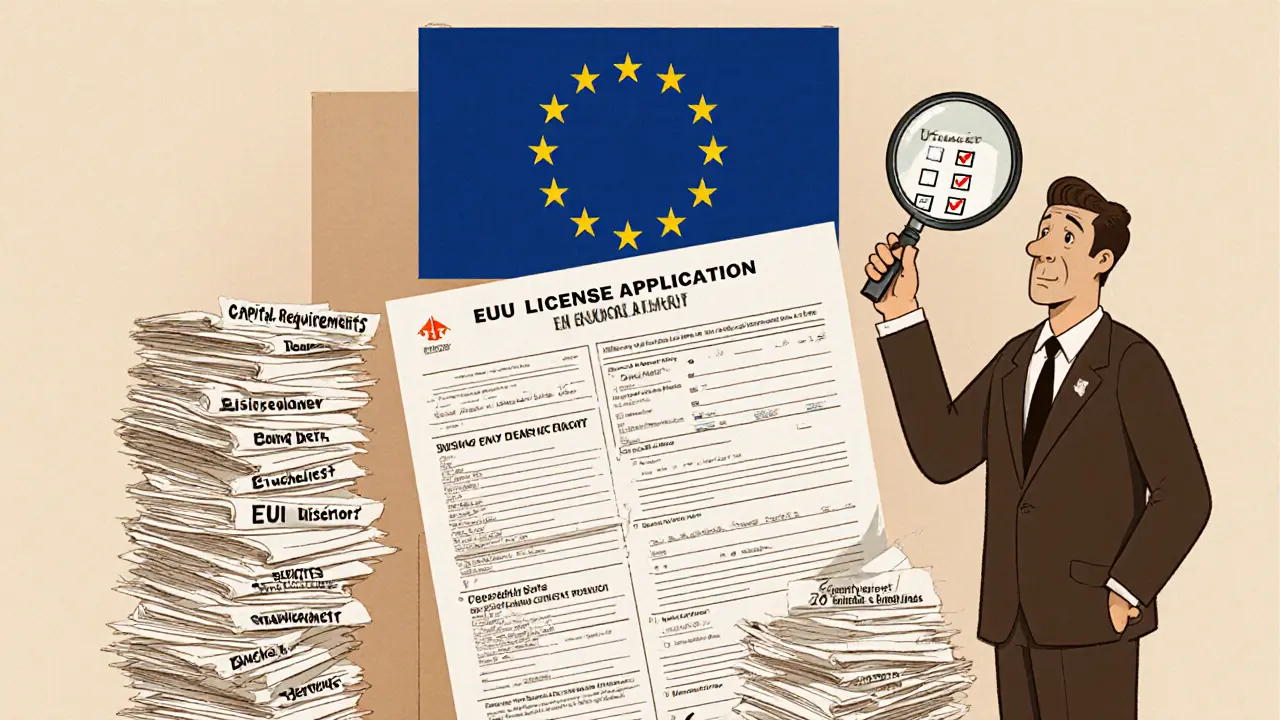Crypto Asset Service Provider: What They Are and Why They Matter
When you hear Crypto Asset Service Provider, a company that offers services like trading, custody, or staking of digital assets under regulatory oversight. Also known as VASP, it Virtual Asset Service Provider, it’s the backbone of any legal crypto operation—whether it’s a regulated exchange like Bitstamp or a staking platform handling your ETH. These providers aren’t just tech companies; they’re financial intermediaries subject to AML compliance, KYC rules, and global sanctions like OFAC. If a service doesn’t follow these, it’s not just risky—it’s often illegal.
Most crypto airdrops you see online—like ART Campaign, WKIM Mjolnir, or WHX WhiteX—come from entities that aren’t registered as Crypto Asset Service Providers. That’s why they vanish overnight. Legitimate providers like Bitstamp or Taurus (the real Swiss one, not the fake TaurusEX) have legal teams, audit trails, and licensed operations. They don’t hand out free tokens to random Twitter followers. They follow FinCEN, MiCA, and other frameworks that require them to track every transaction. That’s also why Iranian and Russian users are pushed toward P2P trading: regulated providers block them to avoid fines.
Even DeFi platforms like Orion Protocol or WAGMI (Metis) that claim to be decentralized still rely on Crypto Asset Service Provider principles when they aggregate liquidity or list tokens. If a token like DGTA or MTLS has no team, no whitepaper, and no compliance, it’s not a DeFi innovation—it’s a gamble with zero legal protection. Chinese holders know this too: owning crypto there is illegal, so no provider will ever offer them services. And if you’re chasing a CONV or SHARDS airdrop, check if the issuer is registered. Most aren’t.
What you’ll find below isn’t a list of hot tokens or fake airdrops. It’s a collection of real breakdowns—on exchanges that don’t meet basic compliance standards, on tokens with no utility, on scams disguised as opportunities. These posts don’t guess. They show you what’s behind the curtain: who’s regulated, who’s not, and why that difference keeps your crypto safe—or stolen.
Crypto Asset Service Provider Licensing in EU: MiCA Requirements, Costs, and Real-World Challenges
by Johnathan DeCovic Nov 14 2025 20 CryptocurrencyMiCA licensing for Crypto Asset Service Providers in the EU requires high capital, EU-based management, environmental reporting, and months of processing. Here’s what it actually takes to get approved - and who can’t make it.
READ MORE
